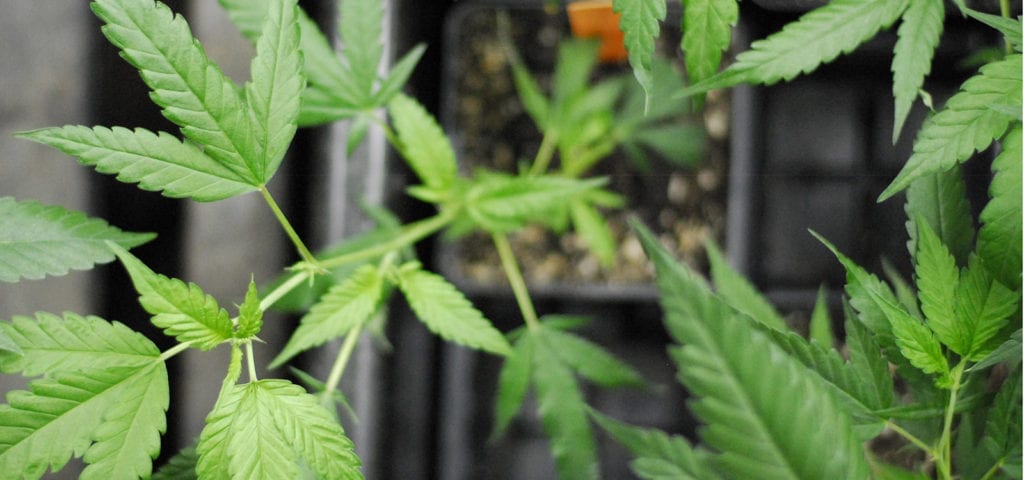A Leafly News report last week uncovered some troubling developments related to CBD products: the British company GW Pharmaceuticals and its U.S.-based subsidiary Greenwich Biosciences have been quietly moving CBD-related bills through the legislatures of both South Dakota and Nebraska.
GW Pharmaceuticals has been developing a CBD-based drug called Epidiolex for years and, now that the drug is in Phase III trials, it’s predicted to receive FDA approval soon.
Presumably in anticipation of its approval, Greenwich Biosciences has worked to introduce bills in South Dakota and Nebraska that would essentially require all CBD products sold in the state to have been approved by the FDA. This would lead to an immediate GW monopoly on the CBD marketplace in those states, as Epidiolex will be the only such product with FDA approval.
Perhaps importantly, neither South Dakota or Nebraska have any infrastructure to legally access medical cannabis — though hemp-derived CBD products remain accessible anywhere in the U.S.
“SB 95 will block all current and readily-available CBD options for South Dakota’s children,” Melissa Mentele, chairperson for New Approach South Dakota, told Leafly’s Bruce Barcott. “It will make Epidiolex the only option. As we know, one medicine does not work for all patients. We can’t take away options for these catastrophically ill children and their families.”
However, not only has the pharmaceutical group sought monopolizing measures in South Dakota and Nebraska, but Greenwich Biosciences has also been hiring lobbyists in nearly two dozen other states — including non-medical states such as Wisconsin and Idaho, as well as already legalized states like Florida, Washington, Arizona, and others — presumably to lay groundwork for similar bills in other states.
In a response to Barcott’s investigation, GW/Greenwich Biosciences released statements this week saying that the company was not pursuing a monopoly but was laying groundwork for future CBD companies to bring their own FDA-approved products to market. “It is important to stress that none of GW’s work involves opposing ‘medical marijuana’ or ‘CBD access,'” the company wrote. “GW’s sole focus is on creating a pathway for our medicine, once approved by FDA.”
In a follow-up piece to the company’s reaction, Barcott writes that Epidiolex, if approved, is likely to be the only CBD-based product with FDA approval for some time. This would at least create a temporary monopoly for GW/Greenwich in any state where they are able to successfully pass legislation, meaning that patients in those areas would be limited to only one CBD product, which likely won’t be the most efficient or effective option for every patient.
Cannabis attorney Craig Brand believes these are early signs of a long-planned foray by pharmaceutical companies into cannabinoid medicine. Brand, the owner and founder of international cannabis firm Ganja Law, wrote:
“Upon the FDA’s approval of Epidiolex, the FDA could issue cease and desist orders to anyone selling products containing CBD for health, wellness, or medical purposes. This would include companies … that are selling products containing CBD in states where such sales are currently permissible. If the FDA is not enough, GW could take legal action against any company or person infringing on its patents or selling any product containing CBD.”
Brand said this is only the beginning of what is likely to become a drawn-out battle with pharmaceutical interests. Earlier this month, he warned that CBD companies and hemp CBD enthusiasts should be worried more about regulatory actions from the FDA than enforcement actions by the DEA.
